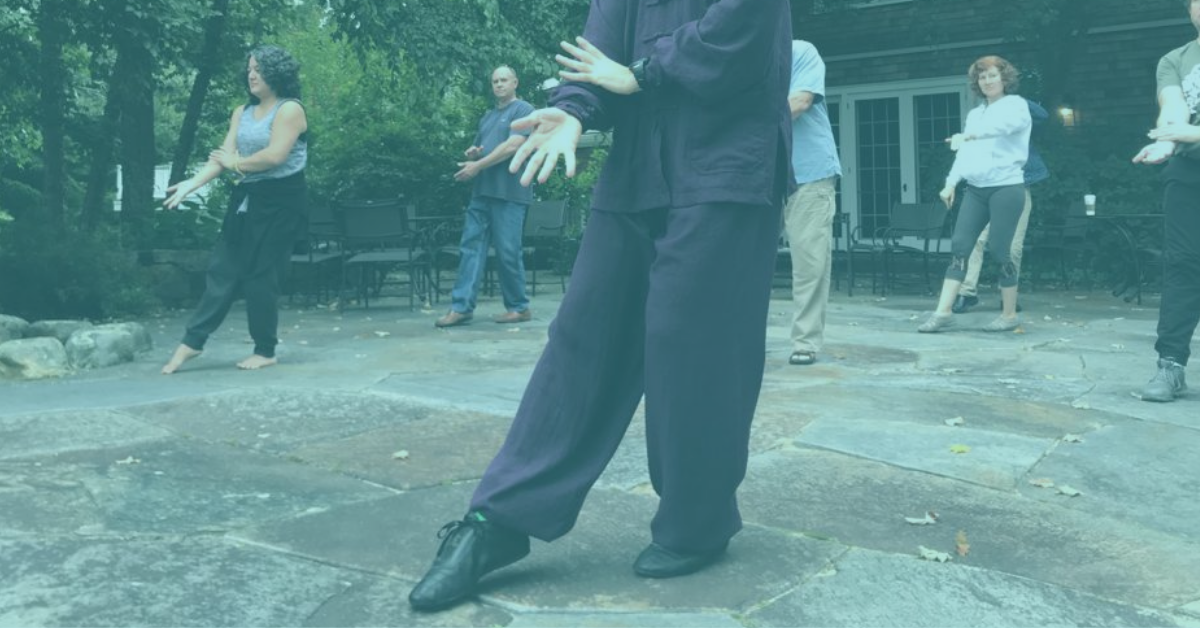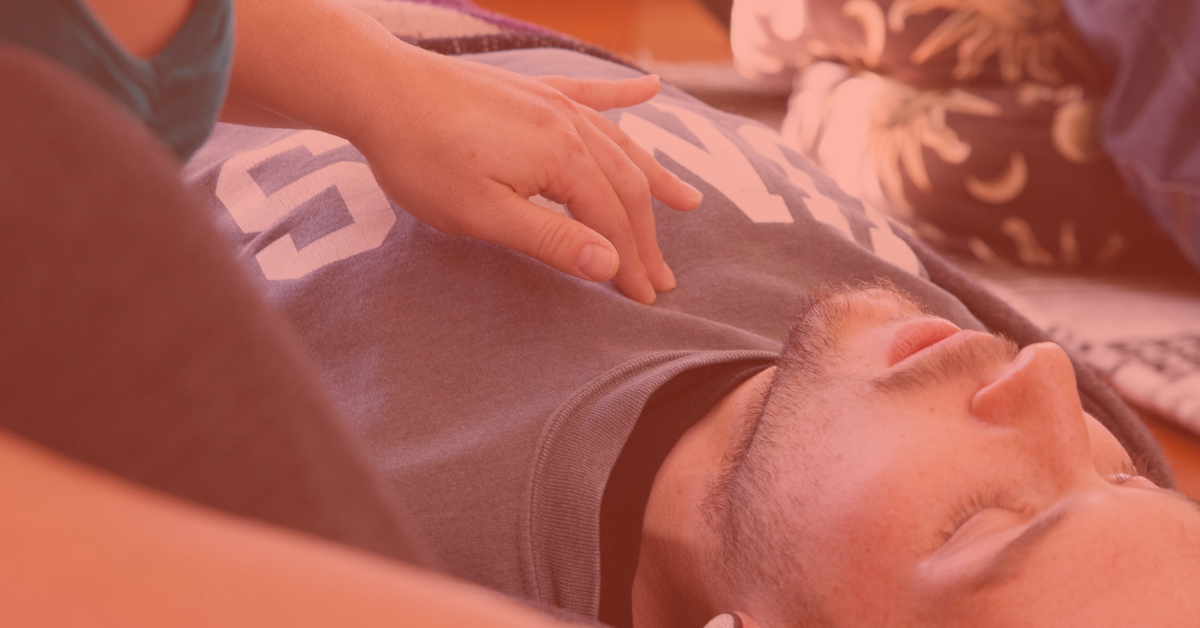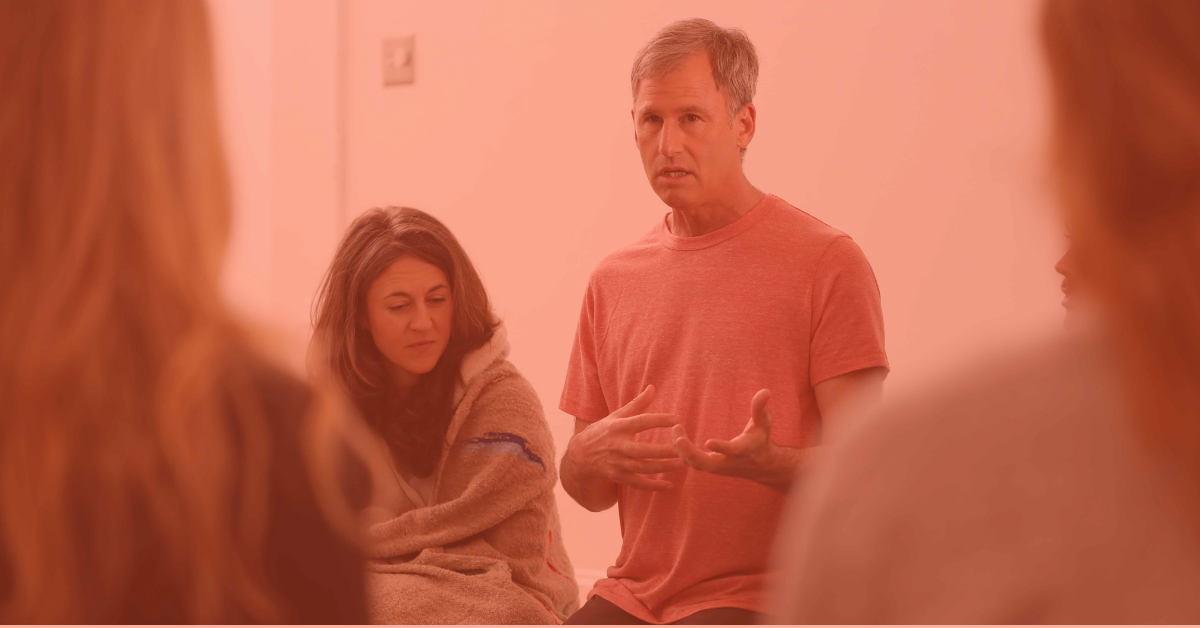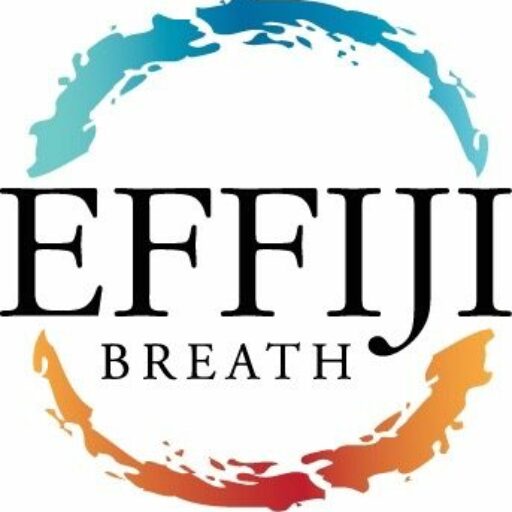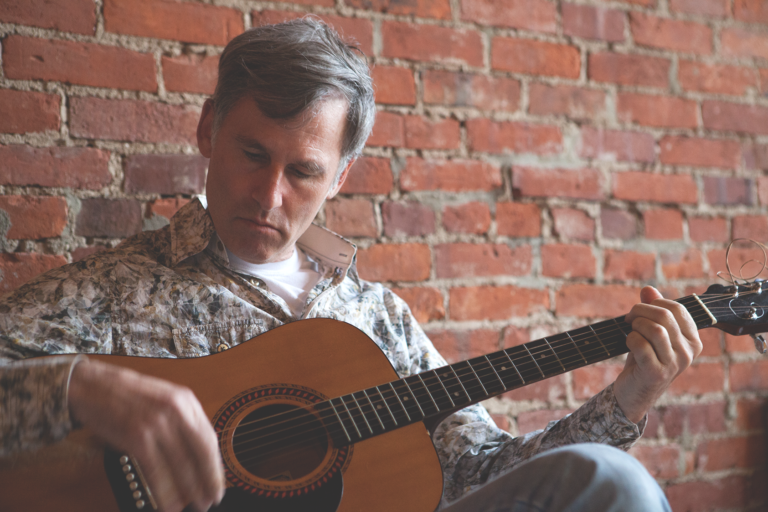
I received this question after a recent Effiji Breath session:
“What is sound? My Effiji Breath experiences continue to communicate and challenge me through sound.”
My thoughts are these:
Sound emanates from silence. So silence is sound. The sound of the universe is beyond what the ear is hearing, both inside the actual ear and inside you.
Finding this has been a lifelong quest for many musicians. It certainly has been for me. I often hear things but can’t figure out any way to create them. I often have dreams with the most beautiful music that I am so moved by and wake up with no ability to remember it.
Finding God in sound is what I want to do every time I play anything. Music genres are so infinitely different and yet all have the capacity to evoke our connection to the world of spirit.
Blues, Raga, Persian, African music, Rock and Roll, Stravinsky, Bach, Dylan, Muddy Waters, Scott Joplin, Chinese opera, Gamelon, percussion, religious music, folk music of different countries… You can just go on and on looking into music over the last 5 thousand years. It’s so extraordinary how so many different things can be the same thing…SOUND!
Creating breathwork music is not about catching your ear, entertaining you, or pleasing you in some way. It’s about the same thing breath is about; the universe itself. The word Nadabrahma in Hindi means sound is God. All of Indian classical music is based on the idea that playing this music or listening to it is about attuning to the infinite. To play music for breath is to help find the infinite within you.
The reason I began to create music for Effiji breathwork is that I can see that music we know draws you toward the music and your association with it. Since Effiji is about releasing our identification with memory and opening up to who we are as potential, playing something familiar can create more identification. My goal is to have the music affect you but not be something you can even remember afterward. The music should take you more into yourself.
There are a lot of elements to work with because sound is vast and extraordinary. It is what everything comes from, including language. With language itself we again have identification, but with sound, it is potentially an infinite connection.
My favorite elements to work with begin in my studio where my studio itself is an instrument. Learning to use the actual space that the recording device provides is my first tool. Recorded music is not like live music in the same way that making a film isn’t like live theatre. You have to construct the space from scratch because there’s really nothing there except elements. The sound of live music includes the room and all the people in it and what everyone is contributing by playing or listening. The recording studio, like film, is trying to trick you into feeling it’s been done altogether at one time when it generally isn’t.
After my studio, I use silence and lastly the various instruments that provide tone and emotion.
I love Indian instruments (tabla and tambora) because Indian music is meant for the same purpose Effiji is meant for (Example: Early Mourning, Volume 11). Same with the tar drum, also known as a frame drum (Example: Santar, Volume 12). I can always use my voice, and have on many tracks, but I try to stay out of words, which inherently attracts the mind to concepts and ideas. One example of how I’ve used my voice is on Pizno on Volume 12.
I have 2 acoustic guitars that have different strings and odd tunings that were given to me by a Sufi brother in Missouri years ago. I have created a lot of tracks using those guitars. Sufist on volume 6 and Torch Bird on volume 4.
I grew up in the era when Rock and Roll was my generation’s revolution, so I like drum kits and electric guitar as they invoke freedom in a very masculine way. Here’s a track where I am playing guitars over kit drums. There are several tracks like this where I have 2 guitars over drums. All improv. It’s a very Keith Richards mindset.
It’s funny that my primary instrument is the piano and I have several pianos in my house. But piano is percussive and its tuning was created 800 years ago in a very linear way so it can really work against the feeling of the breath.
So I mainly use it for patterns similar to my music teacher, Terry Riley, and for melodic emotional tracks like Felt on Volume 7 and Emancipation on Volume 13.
Sound is my favorite mystery. It’s my favorite expression of the divine. I have spent my whole life being transformed by sounds, music, and silence.
If you’d like to do a deep dive into my Effiji Breath Music, I’ve created some Spotify playlists broken up into categories :
Cinematic
Piano and Pattern Music
“What is sound? My Effiji Breath experiences continue to communicate and challenge me through sound.”
My thoughts are these:
Sound emanates from silence. So silence is sound. The sound of the universe is beyond what the ear is hearing, both inside the actual ear and inside you.
Finding this has been a lifelong quest for many musicians. It certainly has been for me. I often hear things but can’t figure out any way to create them. I often have dreams with the most beautiful music that I am so moved by and wake up with no ability to remember it.
Finding God in sound is what I want to do every time I play anything. Music genres are so infinitely different and yet all have the capacity to evoke our connection to the world of spirit.
Blues, Raga, Persian, African music, Rock and Roll, Stravinsky, Bach, Dylan, Muddy Waters, Scott Joplin, Chinese opera, Gamelon, percussion, religious music, folk music of different countries… You can just go on and on looking into music over the last 5 thousand years. It’s so extraordinary how so many different things can be the same thing…SOUND!
Creating breathwork music is not about catching your ear, entertaining you, or pleasing you in some way. It’s about the same thing breath is about; the universe itself. The word Nadabrahma in Hindi means sound is God. All of Indian classical music is based on the idea that playing this music or listening to it is about attuning to the infinite. To play music for breath is to help find the infinite within you.
The reason I began to create music for Effiji breathwork is that I can see that music we know draws you toward the music and your association with it. Since Effiji is about releasing our identification with memory and opening up to who we are as potential, playing something familiar can create more identification. My goal is to have the music affect you but not be something you can even remember afterward. The music should take you more into yourself.
There are a lot of elements to work with because sound is vast and extraordinary. It is what everything comes from, including language. With language itself we again have identification, but with sound, it is potentially an infinite connection.
My favorite elements to work with begin in my studio where my studio itself is an instrument. Learning to use the actual space that the recording device provides is my first tool. Recorded music is not like live music in the same way that making a film isn’t like live theatre. You have to construct the space from scratch because there’s really nothing there except elements. The sound of live music includes the room and all the people in it and what everyone is contributing by playing or listening. The recording studio, like film, is trying to trick you into feeling it’s been done altogether at one time when it generally isn’t.
After my studio, I use silence and lastly the various instruments that provide tone and emotion.
I love Indian instruments (tabla and tambora) because Indian music is meant for the same purpose Effiji is meant for (Example: Early Mourning, Volume 11). Same with the tar drum, also known as a frame drum (Example: Santar, Volume 12). I can always use my voice, and have on many tracks, but I try to stay out of words, which inherently attracts the mind to concepts and ideas. One example of how I’ve used my voice is on Pizno on Volume 12.
I have 2 acoustic guitars that have different strings and odd tunings that were given to me by a Sufi brother in Missouri years ago. I have created a lot of tracks using those guitars. Sufist on volume 6 and Torch Bird on volume 4.
I grew up in the era when Rock and Roll was my generation’s revolution, so I like drum kits and electric guitar as they invoke freedom in a very masculine way. Here’s a track where I am playing guitars over kit drums. There are several tracks like this where I have 2 guitars over drums. All improv. It’s a very Keith Richards mindset.
It’s funny that my primary instrument is the piano and I have several pianos in my house. But piano is percussive and its tuning was created 800 years ago in a very linear way so it can really work against the feeling of the breath.
So I mainly use it for patterns similar to my music teacher, Terry Riley, and for melodic emotional tracks like Felt on Volume 7 and Emancipation on Volume 13.
Sound is my favorite mystery. It’s my favorite expression of the divine. I have spent my whole life being transformed by sounds, music, and silence.
If you’d like to do a deep dive into my Effiji Breath Music, I’ve created some Spotify playlists broken up into categories :
Cinematic
Piano and Pattern Music
Sufi Guitar
Sufi Albums :
Zikr of Firdous
Sufi Zikr
And this is a playlist that includes all the tracks :
Full playlist
Sufi Albums :
Zikr of Firdous
Sufi Zikr
And this is a playlist that includes all the tracks :
Full playlist

